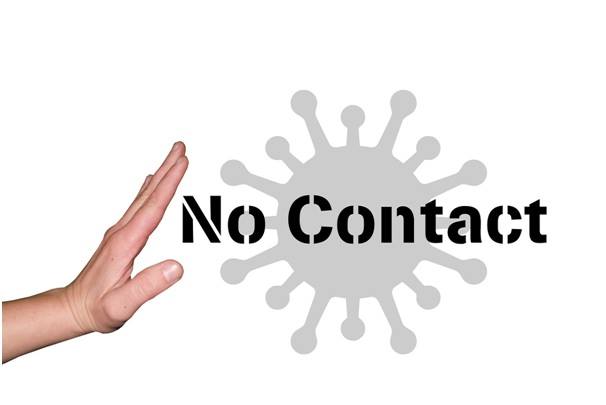
The economy is currently in peril because of the coronavirus pandemic. Not only are many businesses failing to attract customers and make enough money to support their overheads, but they’re also having difficulty adapting to the new government regulations on social distancing. Fortunately, we have the perfect solution for those of you trying to get your operations underway again during the pandemic. So, what exactly do we recommend? Well, we think contactless ID cards are the answer to everyone’s prayers. Feeling dubious? Keep reading to find out more about them, how they can be applied, and why they’re the solution.
Contents
Cashless Vending
Avoiding physical contact is key to stopping the spread of coronavirus. However, this can be difficult for businesses to ensure if they’re retailers or have facilities like a canteen within the premises, as many people like to pay by hand with cash. Fortunately, with contactless cards like the MIFARE Classic 1K, we can overcome this issue. We’ve already seen this in action with the government recommending the public only use contactless bank cards to pay at the tills.
Ticketing
Businesses like transport facilities, cinemas and entertainment arenas have been significantly impacted by the pandemic, with the latter two being closed indefinitely. It’ll be difficult for these kinds of organisations to return to business as usual, especially with new regulations in place. However, using contactless cards for ticketing would be a good start. For instance, cinema members could potentially load credit onto their membership cards, allowing them to pay and enter the movie theatre without needing to go near vendors or ushers. On top of that, contactless cards make ticketing quicker and easier than before. This helps to prevent queues from forming, which could make social distancing harder to enforce.
Application Processing
Contactless ID cards can also be used in conjunction with application processing. This essentially means when paired with a card reader, they can be programmed to activate certain things. For example, they could be used to turn on the lights or open some electronic doors. But how exactly is this helpful when it comes to tackling the pandemic? Well, coronavirus is mainly spread via touchpoints, such as water taps or light switches. If we reduce our reliance on touchpoints by using contactless cards to activate certain processes (like opening the door), we can improve general hygiene and slow the virus’s spread. Toilet flushes and bathroom sinks with sensors work similarly to this.
Improving Security
Coronavirus has caused a recession in the country – and recessions usually lead to an increase in crime rates. Businesses can’t afford to lose money on stolen stock, especially now, so they need to up their security levels. Luckily, contactless ID cards can provide exactly that. By only allowing authorised personnel to access the business premises, you significantly reduce the chances of theft occurring.
These are the main ways contactless cards could help businesses during the pandemic. We will likely be relying on them heavily in the future because of how they reduce our reliance on touchpoints, cash and physical contact, all the while improving security.